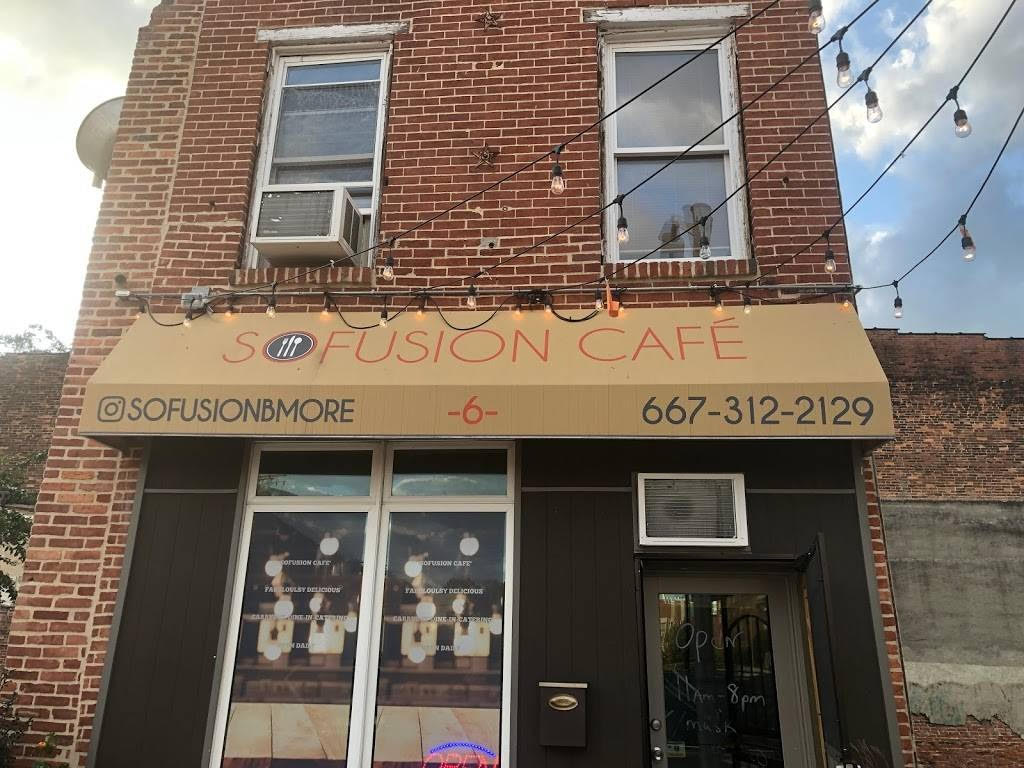Every Community Needs a Neighborhood Exchange
Three years ago, the Maryland Neighborhood Exchange was just a dream. We envisioned creating a website listing great local investment opportunities in Baltimore and mobilizing residents to invest in them.
Here’s what’s happened since: The Exchange has helped 44 Baltimore businesses successfully raise $3.3 million from nearly 6,000 investors. And these numbers will significantly grow in the years ahead. Thanks to the Exchange, the future of Baltimore’s economy lies, not just with bankers, hedge fund operators, or VCs, but in the wisdom of its 600,000 residents.
The “we” has been a partnership of Neighborhood Associates Corporation, run by Dr. Bobby Austin, and Community Wealth Builders, led by Stephanie Geller. The partners also have included several dozen community leaders we tapped for advice—fund managers, foundation program officers, incubator coordinators, entrepreneurship specialists, and policymakers.
To understand the importance of the Exchange, it’s useful to go back to the origins of investment crowdfunding. During the 2008 financial crisis, I wrote an article for the Federal Reserve proposing a $100 exemption in securities law to jumpstart struggling small businesses. At a time of economic turmoil, I argued, every American should be able to invest as much as $100 in any local business with no legal paperwork whatsoever. Up until that point, a local business often had to spend $25,000 or more in legal disclosures before it could accept even a penny from grassroots investors. One attorney ran with the idea and submitted a proposed rule change allowing the $100 exemption to the Securities & Exchange Commission (SEC). A petition drive then delivered hundreds of letters to the SEC supporting the change.
The SEC duly ignored our advice, but all was not lost.
Congress picked up the ball and passed the JOBS Act in 2012, creating a framework for investment crowdfunding. Any business could raise up to $1 million, any grassroots investor could invest up to $2,200, but the transaction had to be done on a regulated federally licensed portal. (The SEC recently raised the offering ceiling to $5 million.) My concern then was that moving local investment relationships onto national electronic platforms would weaken the relationship between a small business and its investors. Why not just permit local fans to talk freely with their favorite businesses, face to face, and allow them to invest modestly as they wish without lawyers?
Fast forward nine years, and I must concede that investment crowdfunding has worked better than I predicted. More than a million Americans have now participated, investing $1.1 billion in over 4,000 companies. The average successful crowdfunding raise is $376,000, with the average investor putting in about $800. The entrepreneurs who have been most successful are women and people of color, precisely those individuals whom the conventional capital markets historically redlined out. Crowdfund Capital Advisors estimates these raises have created 124,120 jobs. And all of this occurred with remarkably little fraud.
Despite these successes, my initial reservation about the JOBS Act remains. How can we strengthen the local relationships between small businesses and their fans? The national crowdfunding portals all claim to love community business, but in fact (with a few exceptions) their connection with any given community is shallow.
Weirdly, this pattern may be replicating the tragic history of stock markets in the United States. In the nineteenth century, stock markets popped up in regions across the country to make risk capital more available to promising local businesses. Over the last generation, however, all these regional exchanges were gobbled up by two national exchanges—the New York Stock Exchange and the NASDAQ. This centralization meant that tools that once capitalized regional businesses now focus exclusively on global corporations.
That critique is what inspired the Maryland Neighborhood Exchange.
In practical terms, here’s what the Exchange does: If you’re a business in Baltimore looking for capital—especially if you’re a BiPOC entrepreneur—we can help you prepare for successful crowdfunding. We recently helped SoFusion Cafe, pictured above, raise nearly $30,000. If you’re an investor in Baltimore looking for local opportunities, you can easily review our updated listing of local offerings (from the national crowdfunding portals). And if you’re a neighborhood looking to revitalize, we can work with you to help launch local investment events.
The Maryland Neighborhood Exchange offers a model of what every community in the United States—including yours—should do. For very little cost, you can create a listing of local companies looking for investment dollars on the national crowdfunding portals and provide your neighbors an easy place to review opportunities to invest locally.
Allow me to toast everyone who made this possible: Thanks to NAC’s President Bobby Austin and its Board Chair, Marilyn Melkonian, President of Telesis, for giving me the company time to develop the Exchange; to the Abell and T Rowe Price Foundations for supporting our expansion over the past year; to the Market Center and Southwest Baltimore neighborhood associations who were partners in local experimentation; and to Stephanie Geller for helping dozens of businesses in Baltimore take advantage of the Exchange.
If you’re interested in starting an Exchange like this in your own community, let me know. We can help!


